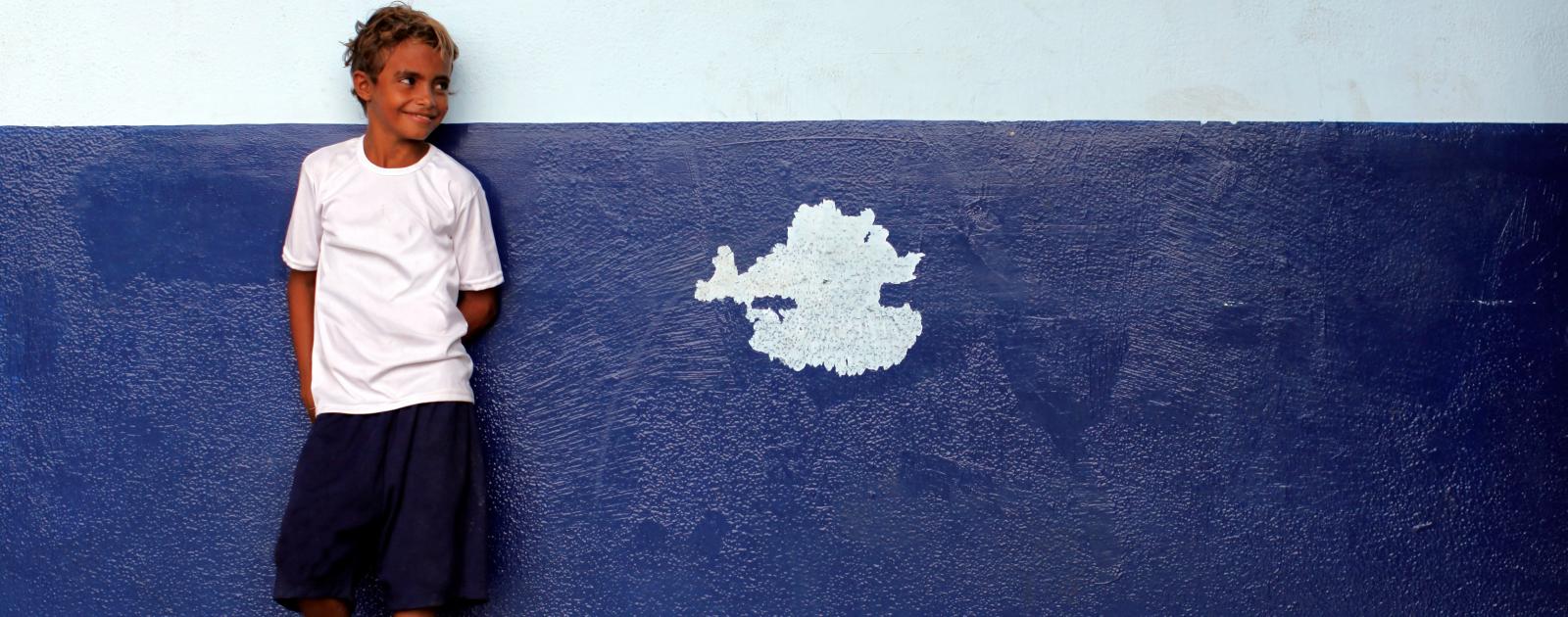Restorative justice is an approach to justice that focuses on the needs and rights of the victims, the motivations of the offenders and the role of the local community. It facilitates a proactive process of preventing harm as well as ensuring that people are responsible for their choices and actions, and can be held accountable for them. Restorative Justice is a process in which the child offender, the victim (only with his or her consent) and, where appropriate, other individuals and members of the community participate actively together in the resolution of matters arising from the offence.

Many countries in Europe are still novice in terms of applying Restorative Justice as a conflict resolution mechanism in cases related to child victims. Restorative justice processes are at their early stage of development in many countries, and State and non-State practitioners need to build their capacities on how and when to adopt its approaches and mechanisms. Despite obvious and undeniable national particularities, there is a recognizable degree of convergence among the systems in Western, Central and Eastern Europe. Although major reform advancements took place in Albania, for example, and their current legislation recognizes restorative approaches such as mediation, or sentences involving community service, in most cases, these are not used enough, and other sanctions prevail.
Moreover, the views of children and young people are not taken into consideration for deciding on issues affecting them. Their voices need to be heard and greater opportunities provided to them to share experiences and inputs for the development of transformative policies and programmes related to justice for children.
In this context, i-RESTORE proposes to offer opportunities for professionals to learn from each other, and to ensure that restorative justice fully respect the rights of child victims. It will do this by using a holistic and participative approach.
The main objective of i-RESTORE is to promote the use of Restorative Justice (RJ) in cases involving child victims by improving knowledge amongst national stakeholders on child-victim friendly Restorative Justice and empowering children to advocate for better protection of child victims.
i-RESTORE seeks to:
- Identify gaps and synergies in relation to applying RJ in cases involving child victims, by conducting a comparative review of current laws, policies, strategies, practices, capacities, researches and initiatives related to RJ in the target countries, in order to:
- highlight (in)consistencies with international and European standards and practices applicable to the protection of the rights of child victims;
- highlight opportunities and existing best practices involving child victims; and c. have a clearer picture of what information has been shared with policy makers and practitioners, and how we can capitalize on existing initiatives to support RJ.
- Collect information from policy makers and practitioners in criminal justice about their level of understanding about the position of child victims in RJ.
- Empower children to advocate for better protection of child victims in RJ, including in cases related to emerging forms of child abuse and violence perpetrated online and among peers.
- Build the capacities and foster mutual learning amongst national policy makers and practitioners in criminal justice to implement child-victim-friendly RJ approaches and mechanisms, through face-to-face and e-learning training material.
- Raise awareness and advocate for child-sensitive RJ approaches in cases involving child victims, through campaigns, written and video information material produced with children aged 12-18 years old, and regional advocacy events.
Activities
- Review of knowledge/practices/capacities in Restorative Justice and child victims;
- Consultations with policy makers and practitioners on Restorative Justice and child victims;
- Consultations with children to engage them in advising on Restorative Justice and child victims;
- Adapting e-learning and face-to-face training material on Restorative Justice; Training for professionals and children on Restorative Justice and child victims’ rights;
- Child-led national awareness raising campaigns and advocacy events on Restorative Justice and child victims.
Type and number of persons benefiting from the project
- 1000 children in Albania, Greece and Romania, including 30 from Child Advisory Boards;
- 90 national practitioners working in criminal justice;
- 90 national policy makers developing policies affecting children;
- 5000 professionals and individuals across Europe for awareness raising;
- 3000 general public individuals.
Expected results
- Better understanding among general public of state of art of child-sensitive Restorative Justice;
- Increased number of cases in which child victims access Restorative Justice as a form of justice that serves their needs/rights;
- Increased capacities of children to take on an advisory role pursuant to Article 12 of the EU Victims’ Directive;
- Increased capacities of inter-disciplinary practitioners to apply Restorative Justice in cases involving child victims;
- Increased level of cooperation and better understanding of policy makers and non-governmental organisations;
- Improved shared knowledge and mutual learning among EU/non-EU justice stakeholders to develop Restorative Justice processes with child victims and effective child participation.
Deliverables
- 1 synthesis and 3 national State of the Art Reports on Restorative Justice and child victims - save the date for the reports launch.
- 1 e-learning training package for professionals;
- 1 face to face training package for children;
- 1 face to face training package for professionals;
- 3 e-learning and 9 training activities for professionals;
- 24 training activities for children;
- 2 study visits for professionals and children in Belgium and the Netherlands;
- 2 regional advocacy events;
- 6 creative child-led awareness campaigns packages;
- 3 advocacy events with children and young people;
- 1 “Children’s Pitch” Closing event.
Project Coordinator
Terre des hommes Regional Office in Hungary: https://tdh-europe.org, Facebook, Twitter
Partners
- European Forum of Restorative Justice (EFRJ)
- Restorative Justice Netherlands
- Terre des hommes Romania
- Terre des hommes Hellas i-RESTORE is co-funded by the Justice Programme of the European Union